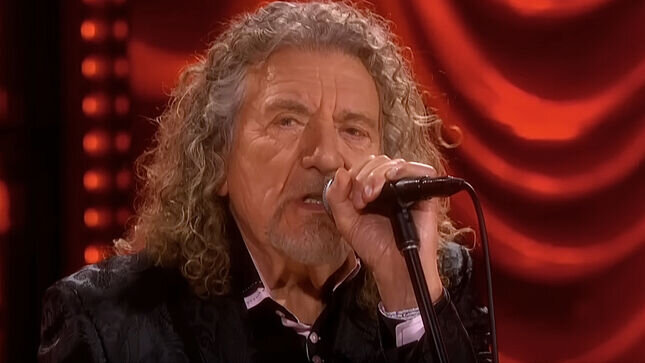
The Background and Significance of “Misty Mountain Hop” One of the Greatest Songs on Led Zeppelin’s Fourth Masterwork Album
The fourth and untitled album by Led Zeppelin was released in 1971. It contains so many classic songs that it’s easy for one of them to get lost in the mix. “Misty Mountain Hop” catches your attention with its pulsating music and sharp lyrics, so there’s no risk of that happening.
What’s the song about? In what way was it written? In what ways did the song showcase Robert Plant’s developing self-assurance as a lyricist? Let’s all do the “Misty Mountain Hop” while we take a break.
Led Zeppelin had been approaching its zenith. Their fourth album, titled an unpronounceable symbol (people usually just call it Led Zeppelin IV) and released in 1971, was the result of all the development the band had made in a comparatively short period of time together. A large portion of the album was recorded in the band’s expansive English countryside home, Headley Grange, as they experimented with new songwriting techniques and expansive, erratic arrangements.
The second side opens with “Misty Mountain Hop,” a more concentrated, direct burst of rock energy. John Paul Jones (who co-wrote the music with Jimmy Page) opens it with an electric piano riff that takes you by surprise. John Bonham beats his snare drums to get everyone’s attention as soon as Page’s guitar doubles the riff.
Zeppelin basically stays with that main riff for the duration of “Misty Mountain Hop.” Page plays a few hooks here and there rather than really soloing all the time. Plant was able to tell his story uninterrupted because the band seemed to recognize that there was a little bit more going on lyrically on this song than perhaps had been the case in previous songs.
Robert Plant was barely out of his teens when he joined Led Zeppelin, so it’s understandable the lyrics he contributed on the first few albums weren’t all that adventurous. But by the time that fourth album arrived, he had shown tremendous growth as a lyricist in terms of straying from the tried and true. He also freely displayed his idiosyncrasies, such as his love for J.R.R. Tolkien’s Middle-Earth books, which is where the term Misty Mountain emanates.
Even though Zeppelin isn’t a politically charged band, “Misty Mountain Hop” reveals a hint of Plant’s social consciousness. The song was inspired by a 1968 marijuana legalization demonstration that took place in London and was broken up by police. With that setting in place, the song continues by examining the ways in which various social groups should improve their mutual understanding.
The lyrics must have appealed enough to Plant himself. When he performed as a solo artist, he frequently shied away from the Zeppelin catalog, but one song that consistently appeared in his solo sets over the years is “Misty Mountain Hop.”
What Does “Misty Mountain Hop” Mean?
Plant sets the scene for the first two verses or so. When the narrator stumbles upon a gathering of people, he accepts what is offered to him. “Hey boy, want to score?” he asks. When the police arrive on the scene, Plant portrays them in a somewhat sarcastic way as cordial and accommodating: He mentioned that his friends would all be stopping by, so they invited us to stay for tea and enjoy ourselves.
Plant then offers his analysis of the circumstances in the last two verses. He contends that indifference is not the solution: You sit there, not trying to resist it, spare like a book on a shelf rusting. But when he looks to the streets, all he seems to see is a lack of concern: People down there don’t give a damn about which way the pressure is lying; they just don’t care.
After becoming frustrated, the narrator decides to leave town and packs his bags for the Misty Mountains. Plant’s songwriting abilities were showcased by “Misty Mountain Hop,” while the rest of Led Zeppelin kept things tight and gave him the ideal platform.

I used to be able to find good information from your blog posts.